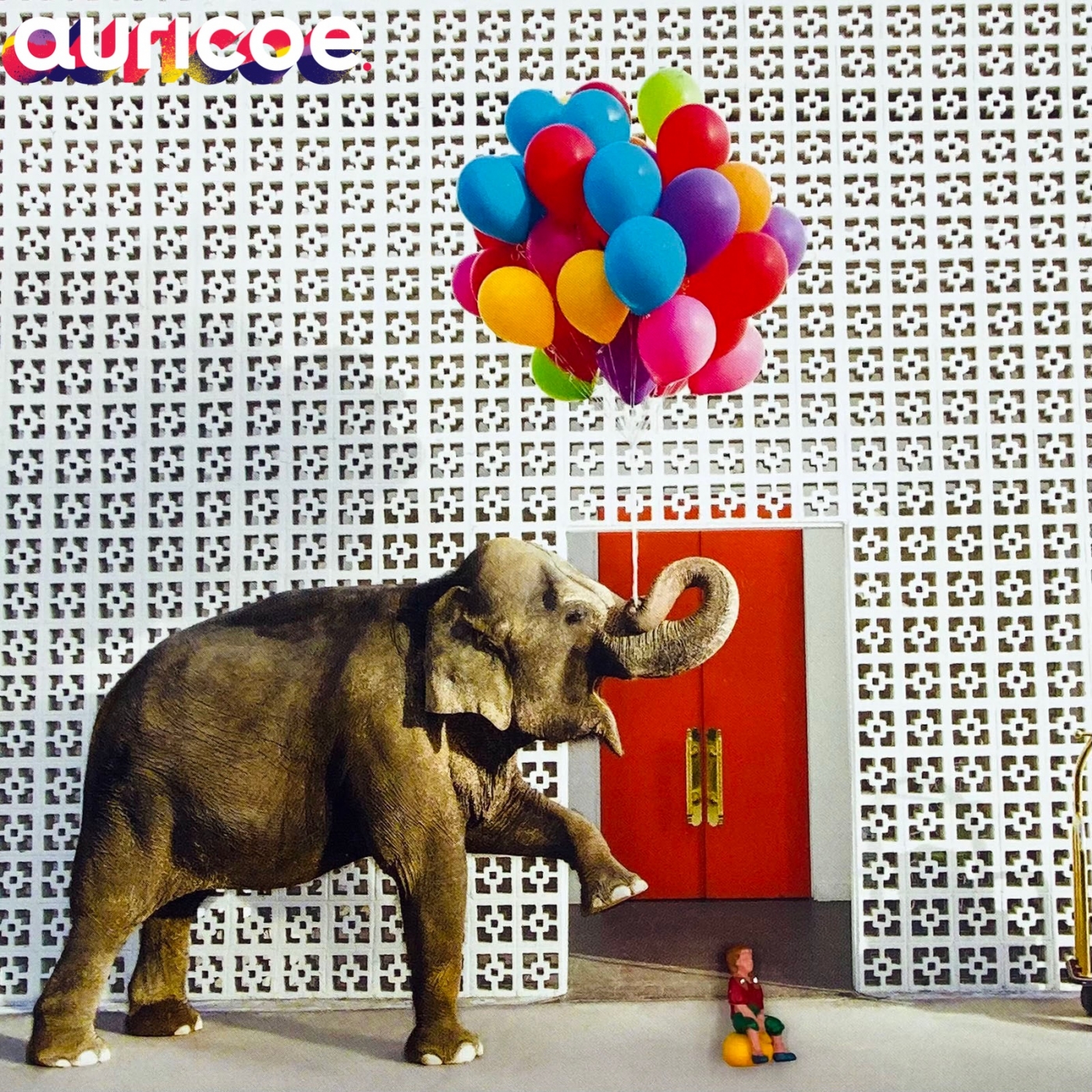Swapping fits and starts for values and purpose
Last week, LinkedIn News highlighted Gen Z's lust for days past. Days that they barely experienced. Our newest earners have begun using TikTok to teleport to pre-social media days (Ironic, I know!).
This thirst for nostalgia – born from instability and uncertainty – has led to resale and vintage fashion trends, vinyl records (which never left music's catwalk in my book), Lego, and wired headphones.
It got me thinking. How much of the recruitment and hiring process-past, might we long for today?
I suspect most are glad to see the back of typewriters, paper CV's/resumés, newspaper ads and bulletin boards, as am I, the yellow pages and landline telephones. But grey exists between black and white.
Take internal recommendations. Referrals are an age-old method that remains popular for many organisations. It is cheap and serves more certainty for hirers than an utterly unknown quantity. The issue here is diversity. You risk promoting a workforce with similar styles, thoughts and perspectives. New ideas and innovation suffer as a result.
In my opinion, the partnership between the recruiter and hiring manager falls distinctly under the radar. Relationship building and communication are human qualities so old that they outdate recruitment itself.
Honing the recruitment process beyond skillsets and background carries paramount importance.
The new age, decorated by social media, metrics, and artificial intelligence, is here to stay, but one can argue that much we do today remains archaic, having come so far. Indeed, knowing what we know.
We begin engineering our next career move using logistical parameters which are devoid of inspiration. Of course, money is essential, and required commutes must be viable, but neither factor is a precursor to professional bliss. On the contrary, common knowledge dictates that we need more to deliver our best work.
I recently read an article by Winnie Jiang in Harvard Business Review entitled "Your most passionate employees may not be your top performers". Winnie intended to unfurl the perception surrounding those who work for personal fulfilment over salary. The argument is that purpose-filled employees can opt for ideals over effective action and be critical of practices in ways that don't lead to company success. Yet because they are keen and volunteer to take on more work, calling-oriented people are favoured by management.
Jiang posits that 'job-oriented professionals may take a more level approach to their work which delivers better organisational results in the long term; eventually concluding that a balance of two polar types provides the best overall performance. There is some logic here; however, I question the validity in a practical setting.
The vast majority of us aren't at opposing ends of the spectrum. We have a practical need to work and earn money, but this doesn't prevent us from seeking out organisations with values that align. How many of us would turn our noses up at the prospect of relating to our company's vision? Is the proposition of working with others towards a common purpose not attractive?
Consider an employer's perspective. When staff buy into the company culture and understand the organisation's direction, they feel motivated to deliver - the end product is a happier workforce and rising profit.
Artificial intelligence presents a further recruitment conundrum.
Countless HR tech firms claim to remove bias from processes, placing AI and machine learning at the heart of their offering. But who are the machines learning from in the first place? Humans. Our past decisions, our interactions and our clicks. The choices that many employers make are laden with subconscious bias. Mo Gawdat, ex-Chief Business Officer at Google X, testifies that the future efficacy of such tools depends on what we're teaching them now.
The problem we face is that the machines are superior students. Algorithms diligently take notes and prepare to make future decisions based on what humans imply is correct. Sadly this isn't always the case.
We cannot blindly ask AI to solve recruitment issues around diversity, equality and inclusion without taking a long hard look at ourselves.
We inherently know our values. We don't need rigorous tests to unearth them, using them every day to make decisions.
Values are the metric that combines to form 'fit'. Marrying individual and collective values creates an identifiable culture. A values-led approach to hiring allows diversity through a mix of personalities, working styles and ideas.
That is the future - a values ethos that cuts the number of interviews, boosts brand reputation and increases staff retention.
Innate human qualities got us to this point. Prioritising human values will take us beyond.



-617bcadd753ea.jpg)